[ad_1]
Hey there, fellow home enthusiasts! So, you’ve finally got the keys to your new home in Malaysia—how exciting! As you stand in those empty rooms, you might be feeling a bit overwhelmed by all the possibilities. One of the biggest choices you’ll need to tackle right off the bat? Paint colors! It’s amazing how a splash of color can transform a space and reflect your personality. But with so many shades and tones available, how do you pick the perfect ones? Don’t worry; we’re here to guide you through the vibrant world of paint colors. From understanding your surroundings to finding that ideal balance between aesthetics and function, let’s embark on this colorful journey together and make your new home feel just right!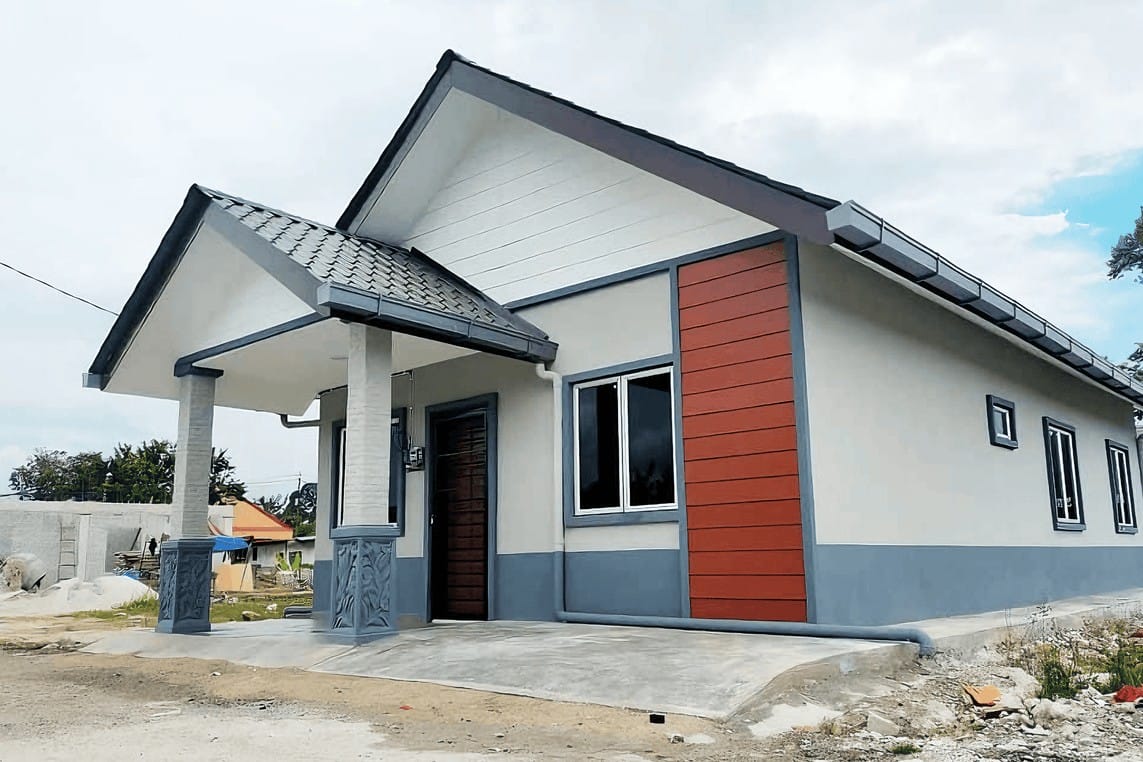
Understanding the Role of Color Psychology in Home Design
Choosing the right colors for your home isn’t just about aesthetics; it’s about how those colors can affect your mood and overall experience in your space. Different shades have the power to evoke various emotions—warm hues like reds and oranges can create a sense of warmth and intimacy, while cool colors like blues and greens tend to promote calmness and serenity. In Malaysia’s diverse culture, incorporating color psychology into your home design can help you create an environment that reflects your personality and enhances your daily life.
When deciding on paint colors, it’s essential to consider the specific functions of each room. For instance, if you want your living room to be a welcoming space ideal for gathering, consider warm tones such as soft yellows or earthy tones. On the other hand, for your bedroom, which should be a retreat for relaxation, you might opt for cool pastels or muted shades that foster tranquility. Here’s a quick guide:
| Room | Recommended Colors | Suggested Feelings |
|---|---|---|
| Living Room | Warm Yellows, Earthy Terracotta | Welcoming, Energetic |
| Bedroom | Pale Blues, Soft Lavenders | Calm, Relaxed |
| Kitchen | Crisp Whites, Soft Greens | Fresh, Inviting |
don’t forget the importance of lighting when choosing your paint colors. Natural light can transform a color’s appearance, so it’s wise to test samples at different times of the day. Also, think about how your color choices harmonize with your furniture, decor, and the overall atmosphere you wish to create in your home. Embrace the spectrum of colors available, and remember that the goal is to express your unique style while enhancing your everyday life in a vibrant Malaysian setting!
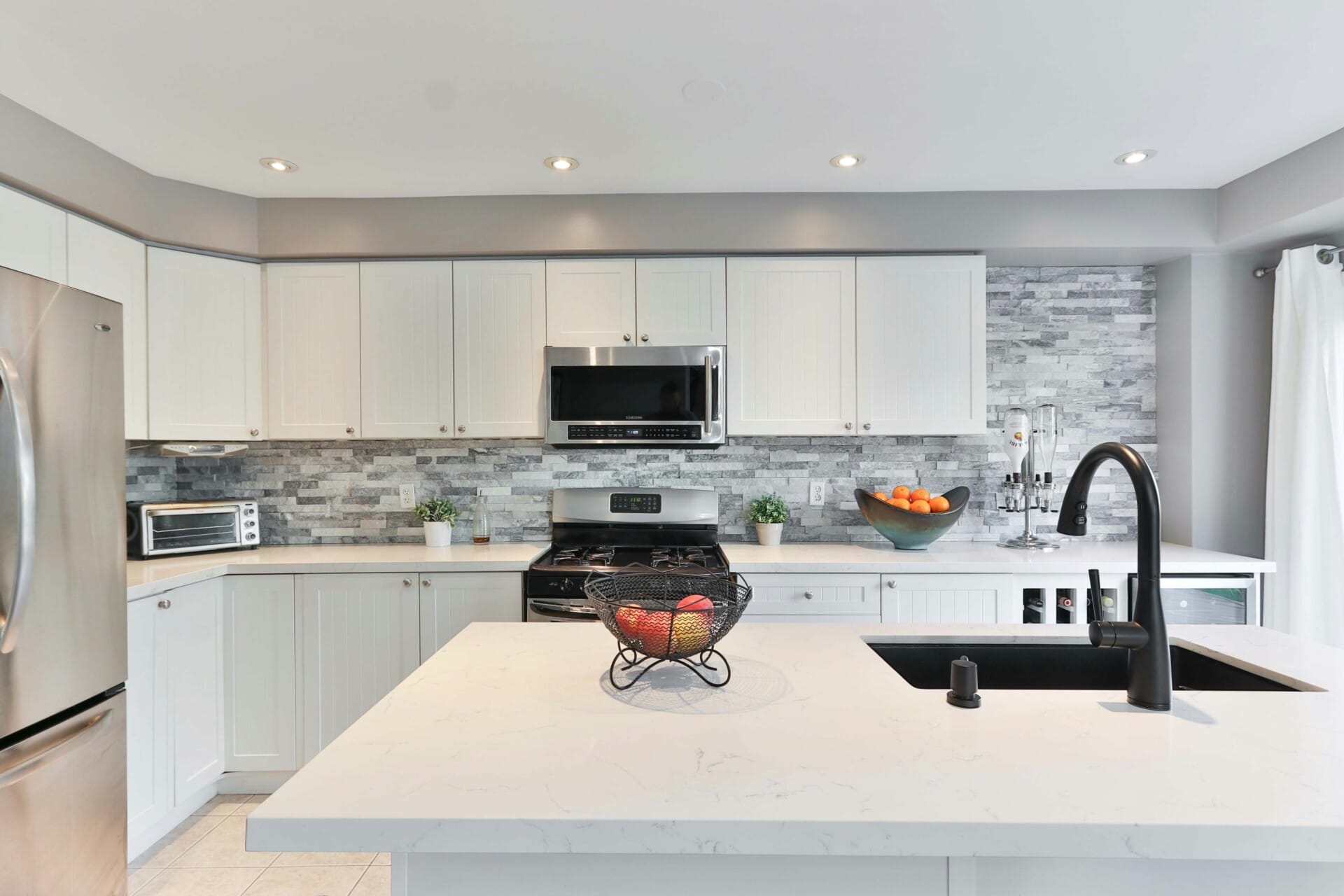
Exploring Malaysia’s Unique Cultural Influences on Color Selection
Malaysia is a melting pot of cultures, each contributing its own flavors to the vibrant tapestry of life here. This diversity naturally extends to color choices in home decor. When selecting paint colors for your new home, consider how various cultural influences can inspire your palette. For instance, the Malay culture often embraces earthy tones such as warm browns and greens, reflecting the lush landscapes and traditional wooden architecture found throughout the region. These colors create a sense of calm and connection to nature, promoting an inviting atmosphere.
On the flip side, the Chinese community often favors bold and vibrant hues, like reds and golds, symbolizing luck, prosperity, and happiness. Incorporating these colors can infuse your space with energy and joy, especially in areas like the living room or foyer where guests are welcomed. A seamless blend of these styles can lead to unique combinations that honor both traditions while showcasing your personal flair.
Don’t forget the Indian influence! Rich jewel tones such as emerald green, sapphire blue, and ruby red can add a royal touch to your interiors. Mixing these colors with the more muted, natural tones of Malay or the vivacious shades of Chinese culture can create a harmonious balance. To help visualize this blend, consider the following table to guide your selections:
| Culture | Color Palette | Emotional Impact |
|---|---|---|
| Malay | Earthy tones: Browns, Greens | Calm, Connection to Nature |
| Chinese | Bold colors: Reds, Golds | Luck, Joy, Energy |
| Indian | Jewel tones: Emerald, Sapphire, Ruby | Richness, Opulence, Enthusiasm |
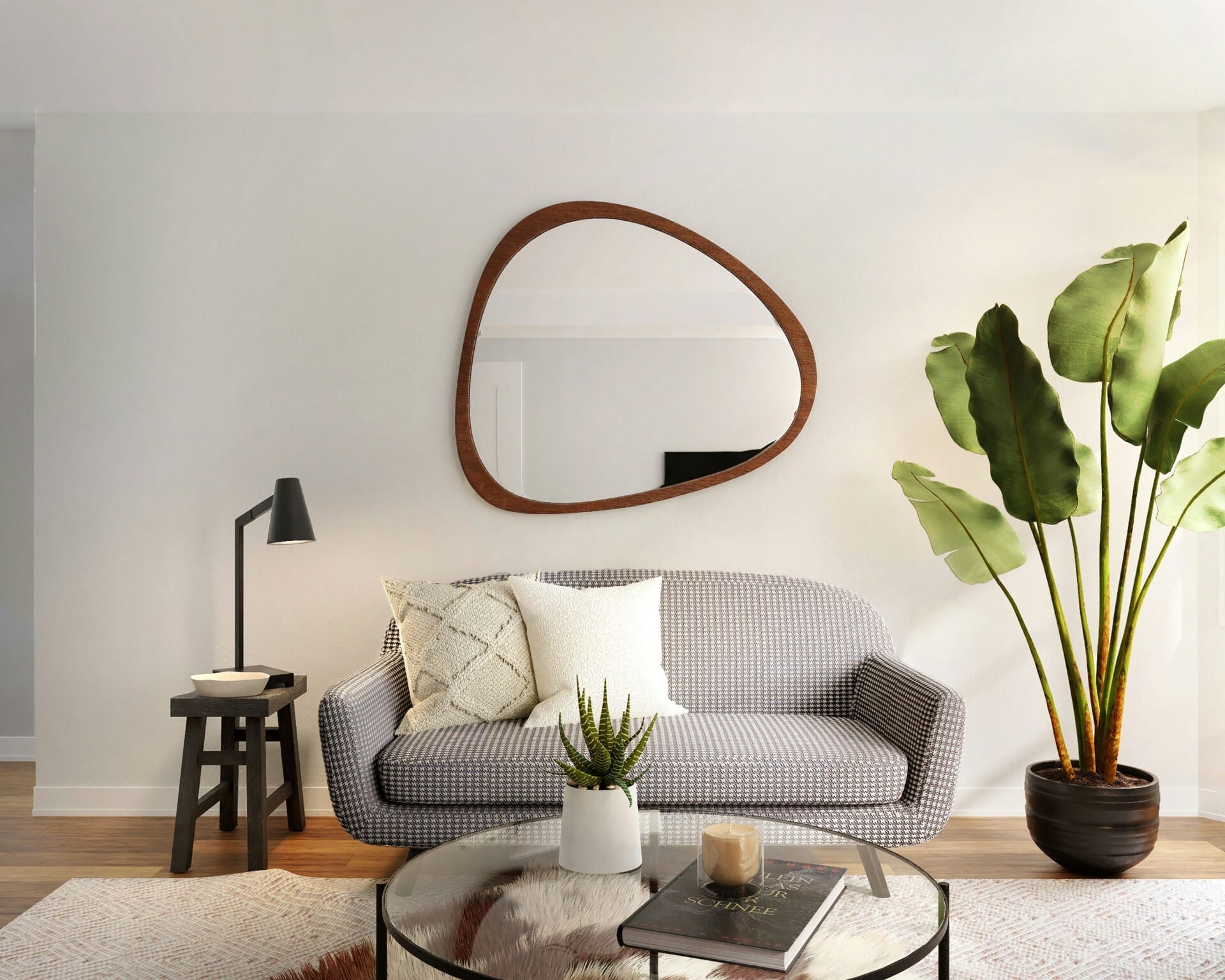
Navigating the Effects of Natural Light on Paint Choices
When you’re considering paint colors for your home, it’s essential to take note of how natural light influences the overall look. In Malaysia, where sunlight is abundant, the way light interacts with paint can dramatically alter your perceived colors. For instance, a vibrant hue could appear muted or washed out in brighter light, while softer tones might gain a more cheerful brightness with the sun’s reflection. You can maximize the effect of natural light by choosing shades that complement your space. Think about how the direction of the light—whether it’s coming from big windows or an opening in the ceiling—might change the color vibes throughout the day.
The orientation of your room also plays a crucial role in how colors appear. South-facing rooms generally enjoy more direct sunlight, making colors feel warmer and potentially more vibrant. On the flip side, north-facing rooms tend to stay cooler with less natural light—which can make warm colors feel duller. It’s wise to test your chosen paint colors at different times of the day. Here are some points to consider:
- South-Facing Rooms: Ideal for warm and rich tones like yellows, reds, and browns.
- North-Facing Rooms: Better suited for warm whites or creamy pastels that soften the coolness.
- West-Facing Rooms: Great for bold colors that thrive in the evening light.
- East-Facing Rooms: Perfect for cool colors as they catch the morning sun.
Moreover, don’t forget about testing out samples on your walls. It’s super important to see how a color changes with the natural light variations throughout the day. Paint little patches on your walls and observe them at different times. You can also create a simple table to help you track your findings:
| Time | Room Orientation | Color Sample | Reaction to Light |
|---|---|---|---|
| Morning | East | Cream | Bright and inviting |
| Noon | South | Sky Blue | Vibrant and energizing |
| Afternoon | West | Coral | Warm and cozy |
| Evening | North | Pastel Green | Cool and calming |
This approach will not only enhance your decision-making process but also ensure you choose colors that remain true to your vision. Remember, the unique play of natural light is a powerful aspect of your home’s overall ambiance!
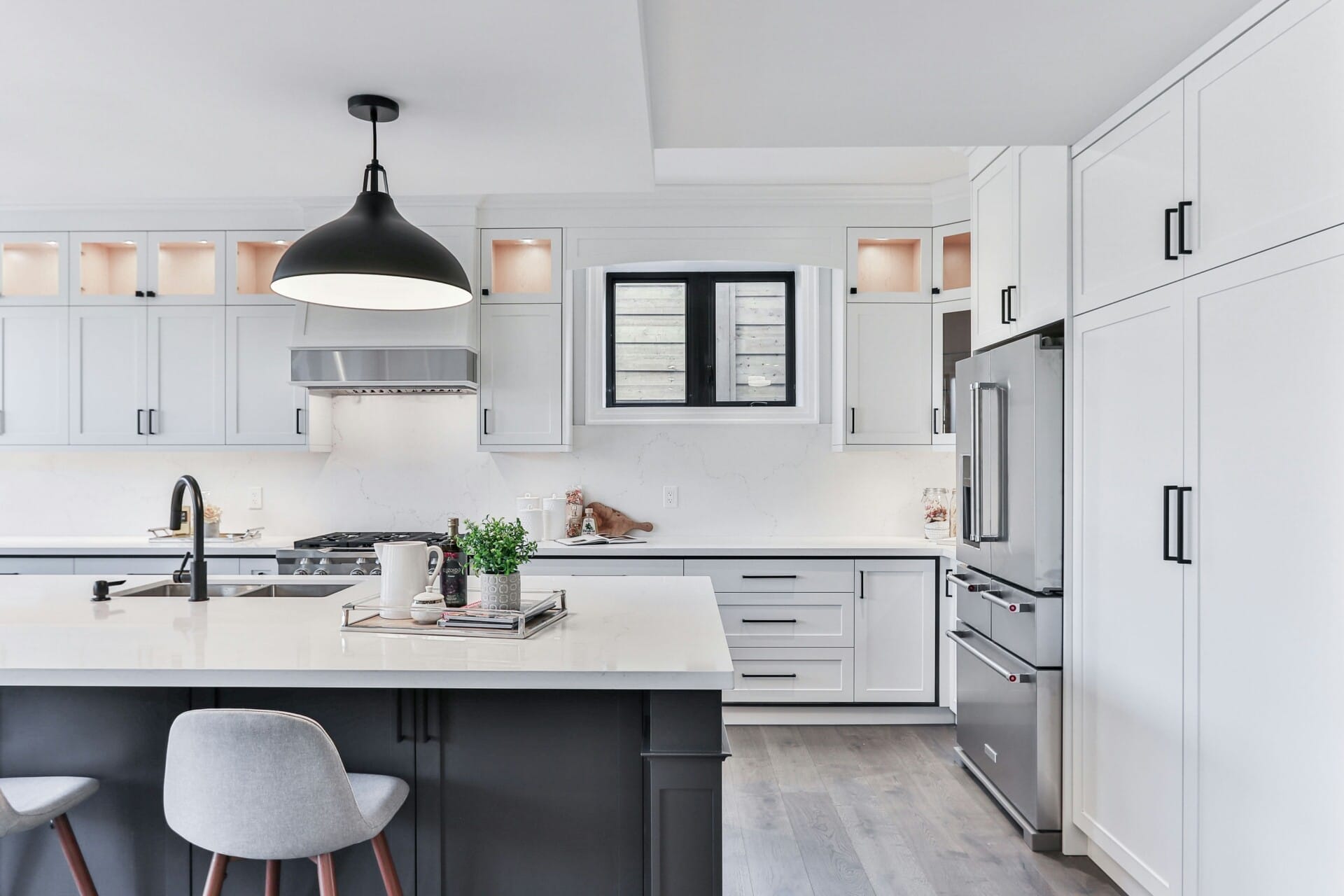
Choosing a Color Palette That Harmonizes with Your Homes Architecture
When diving into the world of paint colors, it’s crucial to consider the architectural style of your home. Malaysia boasts a wide variety of architectural designs, from modern minimalism to traditional Malay wooden houses. Choose colors that not only highlight your home’s features but also reflect its design philosophy. For example, a contemporary home can benefit from sleek, muted colors like charcoal grey or soft beige, which can provide a breath of fresh air while keeping it stylish. In contrast, vibrant hues like sunset orange or turquoise can amplify the charm of a traditional Malay house, creating a warm and inviting atmosphere.
To make the selection process smoother, consider building a mood board. Gather swatches that resonate with your home’s structure and environment; think about how it interacts with the surrounding landscape. While modern homes often thrive with cool-toned paints that harmonize with glass and concrete, traditional styles might come alive with earthy shades that blend beautifully with nature. You can elevate your palette by considering adjoining elements such as the roof, door materials, and even gates.
Another tip is to create a color unity throughout your property. Here’s a simple table to help you visualize the complementary palette options based on common Malaysian architectural styles:
| Architecture Style | Suggested Color Palette |
|---|---|
| Modern Minimalist | Charcoal, Whisper Grey, Pure White |
| Traditional Malay | Spicy Mustard, Leaf Green, Coral Pink |
| Colonial Style | Deep Blue, Creamy Beige, Mahogany Brown |
By carefully curating a color palette that complements your home’s architecture, you’re not just painting walls; you’re enhancing the very essence of your living space. Embrace the character of your home, and let your creativity flow while engaging with its unique style.
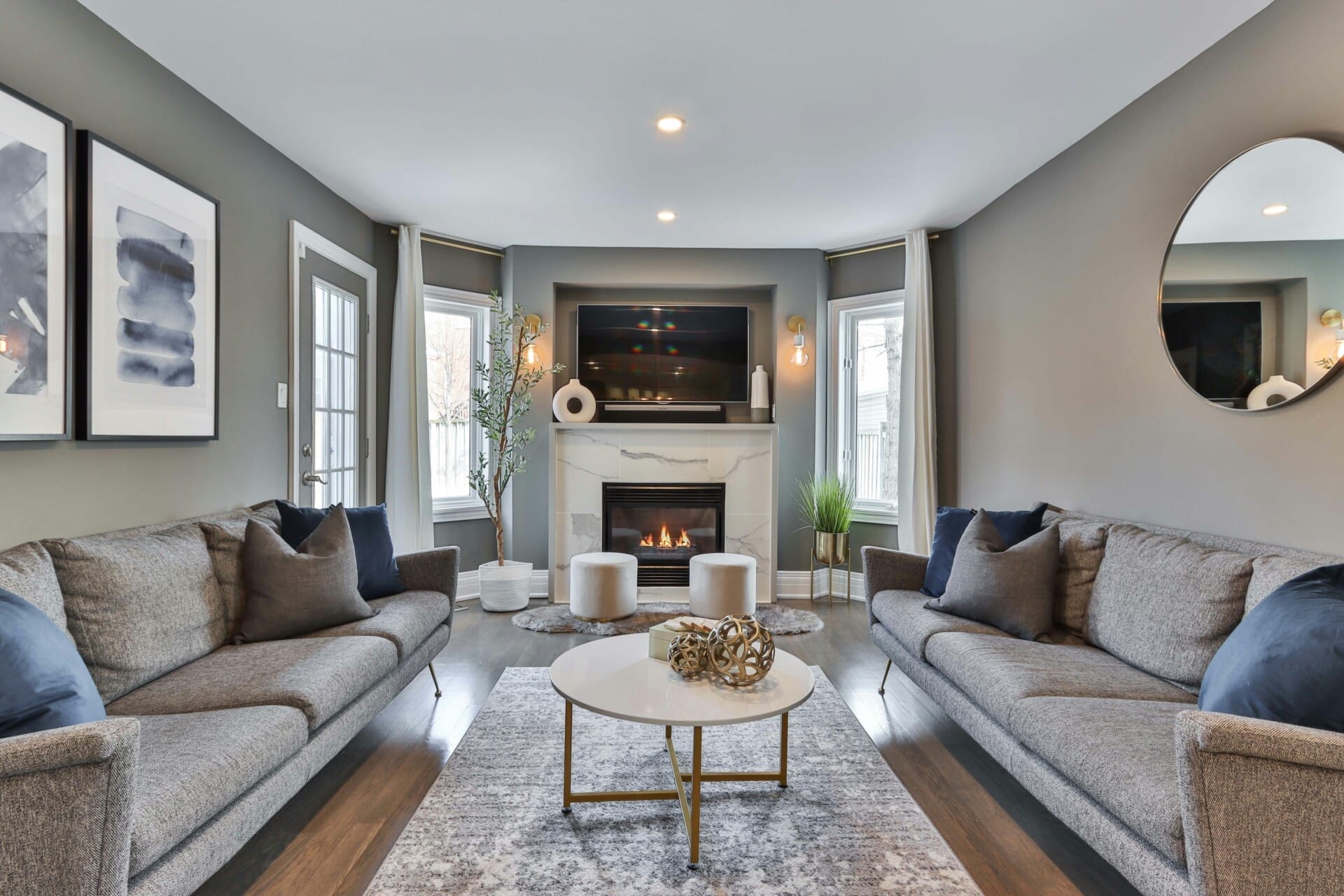
Practical Tips for Testing Paint Colors in Your Space
When it comes to choosing the right paint colors, you want to ensure they resonate well with the existing decor and ambiance of your home. Start by grabbing a bunch of paint samples from your local store. These small swatches are perfect for testing how different shades will look in your space. Make sure to apply them on a large patch of wall, ideally in multiple lighting conditions. Daylight and evening light can drastically change the appearance of colors – you don’t want to make a hasty decision!
Another fun way to decide is by creating a mood board. Gather images that capture the vibe you’re aiming for in your home. You can mix and match colors from various sources – it could be nature, fabrics, or even artwork you love. Once you have a board, compare your samples to see which paint colors align with your vision. This exercise will give you a clearer perspective on what works where and why!
| Light Type | Color Perception |
|---|---|
| Natural Light | Colors appear brighter and truer to their original hue. |
| Incandescent Light | Warms up the color, can make shades appear softer. |
| Fluorescent Light | Can create a cooler tone; may alter color vibrancy. |
Lastly, don’t forget about the scale of your room and how it interacts with the paint colors. Larger spaces can handle deeper or bolder colors, while smaller rooms benefit from lighter shades, which can create a sense of openness. It’s essential to think about the overall flow of color from one room to another and maintain a cohesive feel throughout your home.
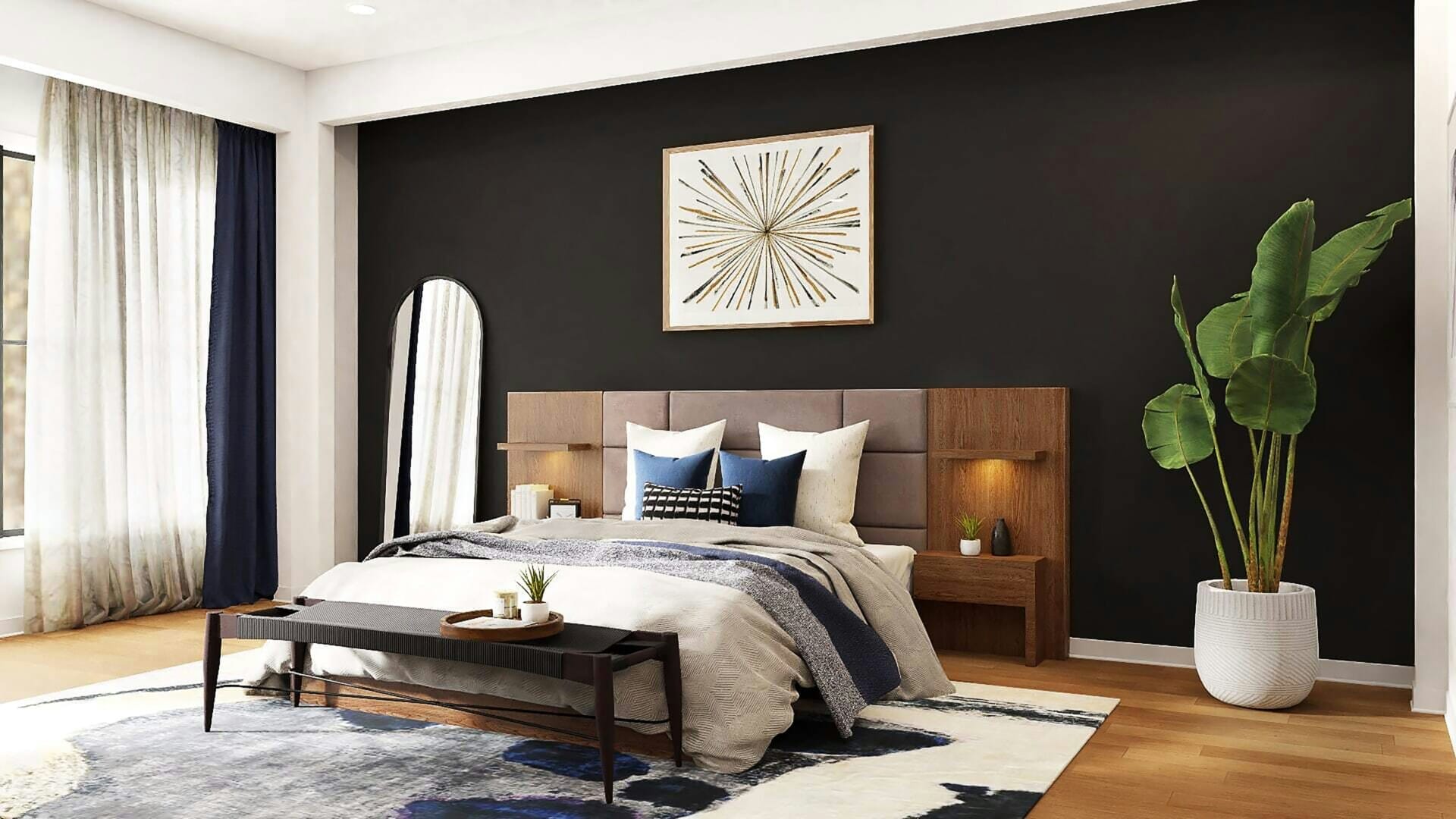
Selecting Eco-Friendly Paint Options for a Healthier Home
When you’re gearing up to paint your new home, it’s not just about picking the right colors; you should also consider the environmental impact of the paint you choose. Eco-friendly options not only minimize harm to the planet but also help maintain a healthy indoor environment. Look for paints labeled as low-VOC (volatile organic compounds) or no-VOC. These paints release fewer harmful chemicals into the air, making your home a safer space for everyone, particularly for children and pets.
Another aspect to consider is the materials used in the paint. Many brands now offer options made from natural ingredients or recycled materials. These paints typically have a smaller carbon footprint compared to traditional paints. You might also want to explore local brands that focus on sustainability, as they often produce paints that are not only better for the environment but also well-suited for Malaysia’s unique climate.
| Eco-Friendly Paint Types | Benefits |
|---|---|
| Low-VOC Paints | Fewer emissions, safer air quality |
| No-VOC Paints | Eliminates harmful vapors |
| Natural Paints | Biodegradable, non-toxic |
| Recycled Content Paints | Less waste, lower environmental impact |
Lastly, choosing eco-friendly paint can also mean embracing beautiful finishes and colors that might just surprise you. Many eco-conscious brands have upped their game in providing a wide range of colors and styles. From vibrant hues to soothing pastels, there’s something for every taste. By selecting paints that are both healthy and visually pleasing, you’re creating a space that’s not only stunning but also contributes to a better world.
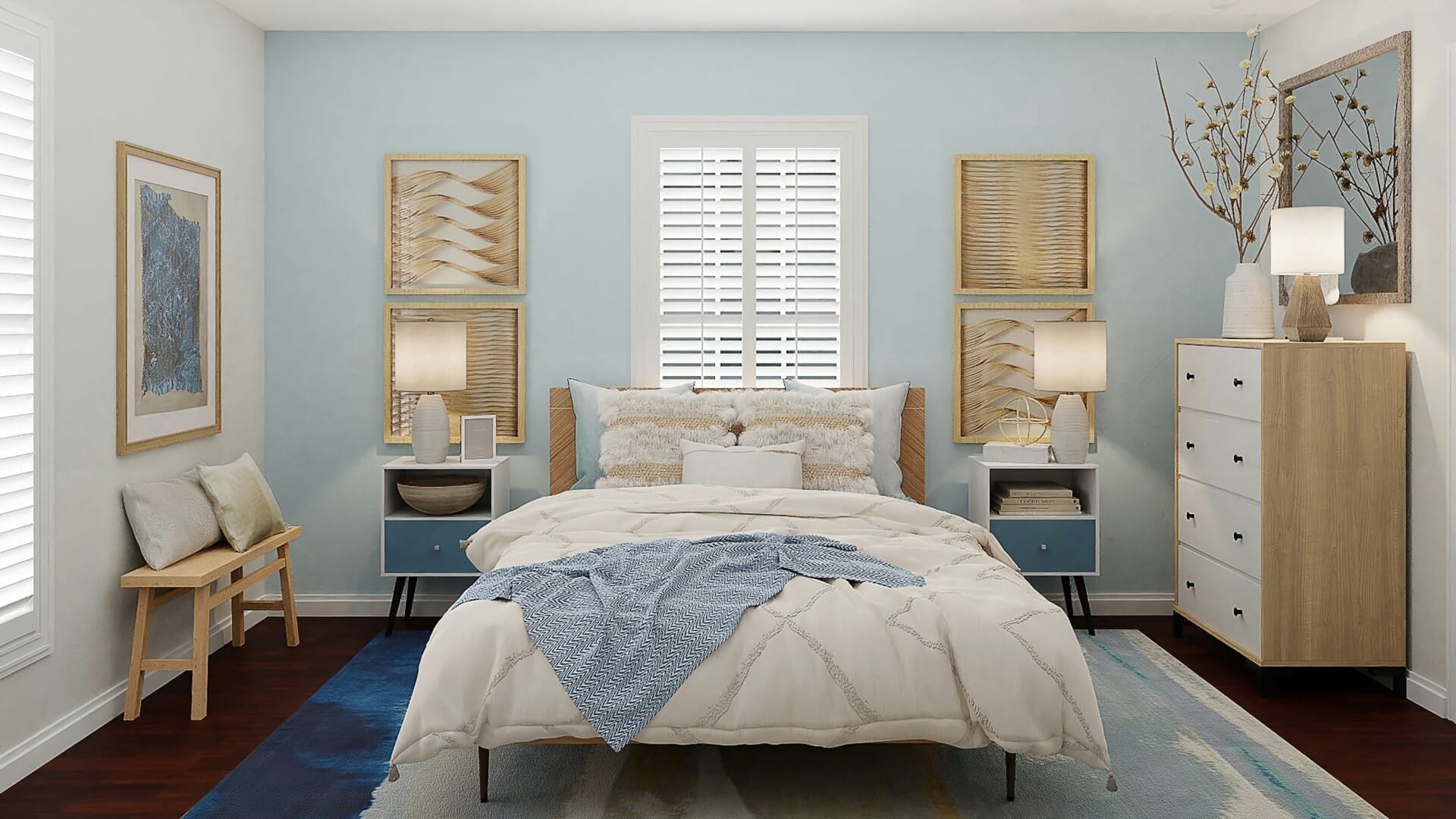
Integrating Trends While Maintaining Timeless Elegance
Choosing the right paint colors for your new home in Malaysia is a delicate balance between embracing the latest design trends and ensuring your space remains timeless. Walls that reflect current styles can breathe new life into your home, but they shouldn’t overshadow the essence of your personal aesthetic. Think about incorporating popular color palettes—like earthy tones, soft pastels, and vibrant jewel tones—in a way that complements traditional elements or your favorite furnishings.
When considering trend-inspired hues, consider using them as an accent rather than a focal point. For instance, if you’re mesmerized by a trendy rich indigo, you might paint a feature wall while keeping the other walls in a soft, neutral shade. This way, you’re not just keeping up with trends, but also enhancing the room’s overall appeal. Some ideas could include:
- Muted sage green for a calming backdrop.
- Terracotta orange for that warm, rustic feel.
- Light blush pink for a touch of elegance.
Now, let’s consider how to blend these modern options with classic styles effectively. Creating a harmonious environment often comes down to layering textures and colors. For instance, pairing a striking emerald green with white trim can offer a stunning contrast while keeping things sophisticated. A good rule of thumb is to mix accent colors with timeless whites and beiges. Here’s a quick comparison of potential color combinations:
| Accent Color | Timeless Option | Vibe Created |
|---|---|---|
| Mustard Yellow | Soft Grey | Warm & Inviting |
| Ocean Blue | Classic White | Refreshing & Calm |
| Coral Pink | Beige | Chic & Cozy |
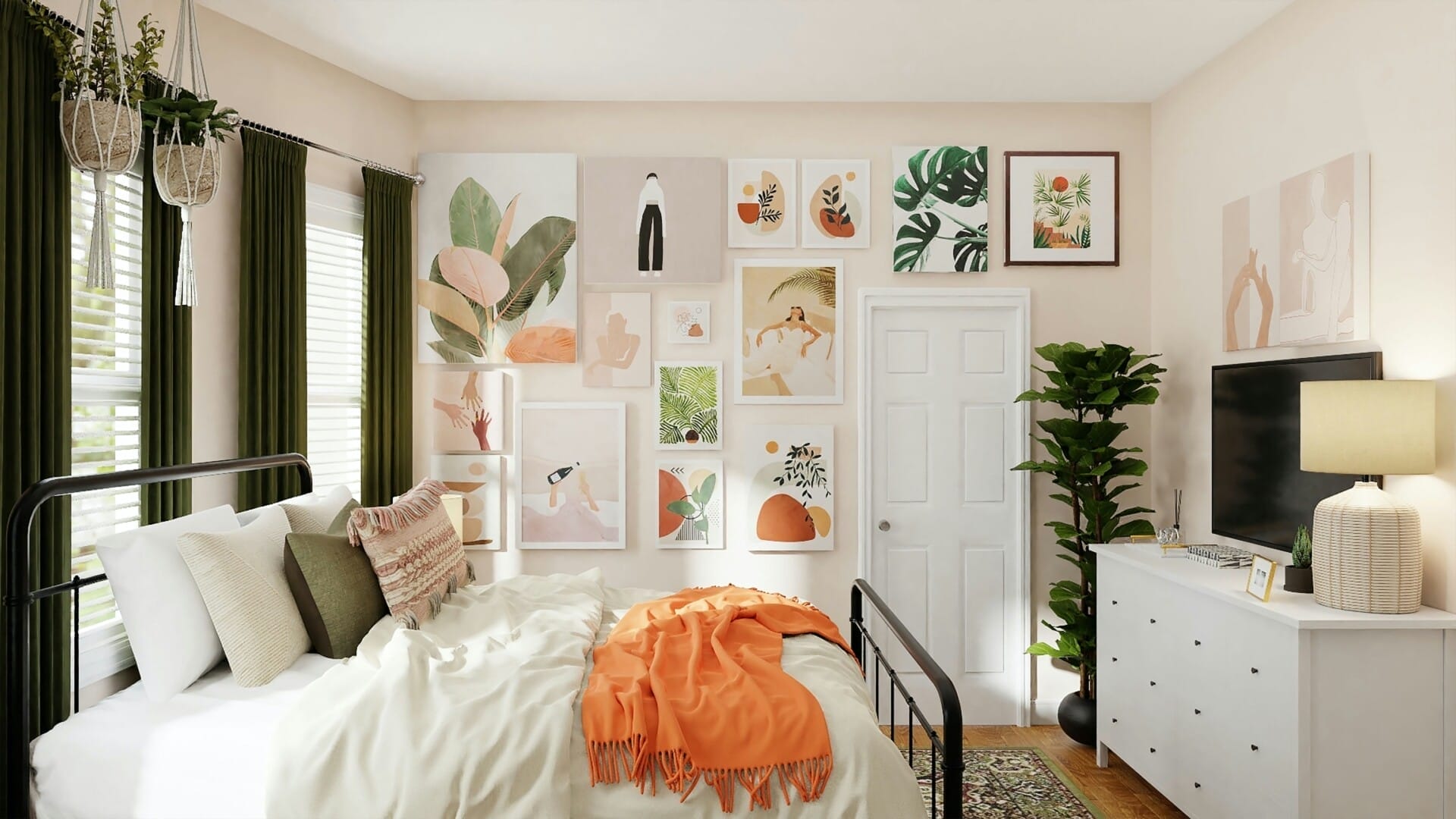
Creating Cohesion with Color on Each Floor of Your Home
When it comes to uniting the various levels of your home, color plays a pivotal role. A consistent color scheme throughout different floors creates a visual journey that flows effortlessly from room to room. One way to achieve this is by selecting a cohesive palette that connects each space while allowing for unique touches specific to each floor. For instance, you might choose a calming shade of blue for the living room and carry varying tones of that blue into the adjacent dining space, creating a ripple effect that feels welcoming and harmonious.
While it’s great to emphasize cohesion, don’t shy away from using contrasting colors to define spaces and create interest. For the bedrooms, you can opt for muted tones that promote relaxation, like soft grays or gentle greens, while keeping the common areas a bit brighter and more energetic. This allows the private spaces to feel intimate, while the open areas remain inviting. Using accent walls in bold colors can also provide a striking focal point in living areas, further enhancing the overall color narrative of your home.
To simplify the selection process, consider using a color wheel or a pre-planned color palette. Here’s a quick guide to help you visualize choices across different levels of your home:
| Floor/Room | Primary Color | Accent Color |
|---|---|---|
| Ground Floor | Warm Beige | Deep Terracotta |
| First Floor | Soft Blue | Crisp White |
| Second Floor (Bedrooms) | Pale Lavender | Rich Plum |
By establishing a thoughtful color strategy, you can enhance the atmosphere of each floor while ensuring a cohesive look throughout your home. Remember, the key is to balance between a unified palette and distinct spaces, ensuring each level of your home speaks its own language—one that still echoes the themes found in the entire house.
Final Thoughts
As we wrap up our colorful journey through the world of paint, we hope you’re feeling inspired and ready to transform your new home into a masterpiece that truly reflects your style. Remember, choosing the perfect paint colors is not just about aesthetics; it’s about creating an atmosphere where you can relax, entertain, and enjoy life with your loved ones.
Don’t be afraid to experiment and let your personality shine through – after all, your home is a canvas waiting for your unique touch! Whether you’re vibing with calm neutrals or bold, vibrant hues, take your time, seek inspiration around you, and listen to your instincts.
So, grab those paint swatches, gather your thoughts, and get ready to bring your vision to life. Happy painting, and may your walls tell your story in the most beautiful way possible!












